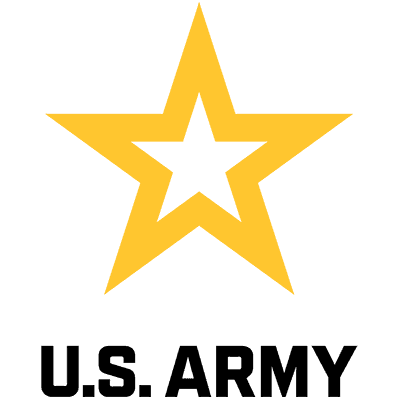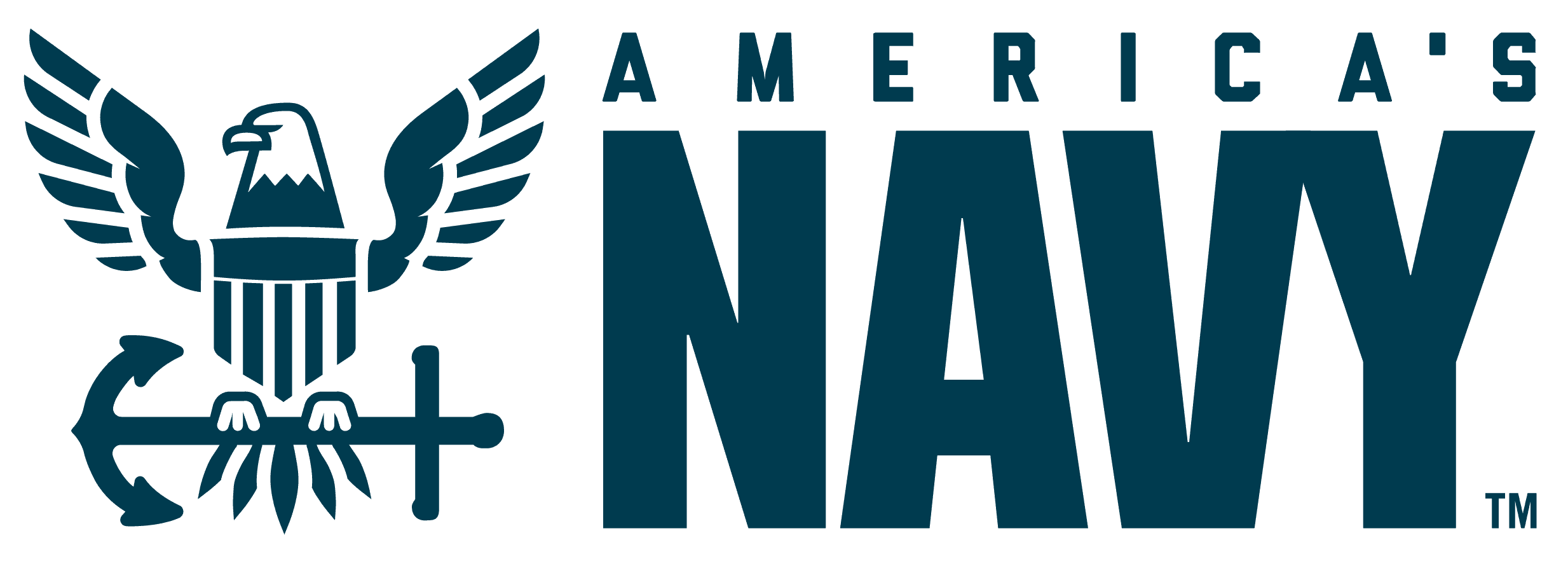Military Respiratory Technicians
Overview
What are the responsibilities of this role?
Respiratory technicians focus on testing and treatment related to lung functions. They administer respiratory care using controlled breathing equipment. They perform pulmonary function testing and breathing therapies such as medical gas therapy, nebulization therapy, and mechanical ventilation. They also assist physicians with intubation and extubation of patients.
What is the work environment like?
Respiratory technicians usually work in hospitals and clinics. In combat situations, they may work in mobile field hospitals.
How many people have this role in the Military?
769
Compensation
Understanding How Military Pay is More Than Just a Salary
Base pay is the standard income you’ll earn as a service member, providing a stable foundation to start achieving your financial goals.
- Always fixed based on rank and service time.
- Distributed monthly.
What is the typical salary range?
$54,742
$68,703
$99,581
Military Details
Is this a staff or leadership role?
What does the training for this role entail?
All enlisted service members complete basic military training, which includes time spent in a classroom and in the field, and covers tactical and survival skills, physical training, military life and customs, and weapons training. Respiratory technicians receive classroom and on-the-job medical training, through which they develop skills in providing basic patient care. Training content may include:
- Diagnostic methods and procedures
- Operation and maintenance of diagnostic equipment
- Preparation of patients for testing
- Methods of resuscitation
- Minor surgical procedures
- Emergency medical treatment
- Clinical laboratory procedures
- Emergency medical treatment
- Basic nursing care
Education
What level of education do professionals in this role have?
Which college majors best prepare you for this role?
- Respiratory Care Therapy/Therapist
Learn About How Military Can Pay for 100% of your College Degree
Skills and Interests
What knowledge is essential to bring to the table?
- Customer and Personal Service
- Psychology
- Medicine and Dentistry
- Education and Training
- Computers and Electronics
What personality traits help people thrive in this role?
You love connecting with people, helping others and making a difference in your community.
You love hands-on work and solving practical problems — like fixing things and building stuff.
You love figuring out how things work and researching subjects that interest you.
RIASEC represents six broad interest areas—Realistic, Investigative, Artistic, Social, Enterprising and Conventional—helping individuals identify careers that match their skills and preferences.
Take the RIASEC TestData supplied by Bureau of Labor Statistics, National Center of Education Statistics, Defense Manpower Data Center (View our update schedule). Contact any business, college or military service branch to answer additional questions.

